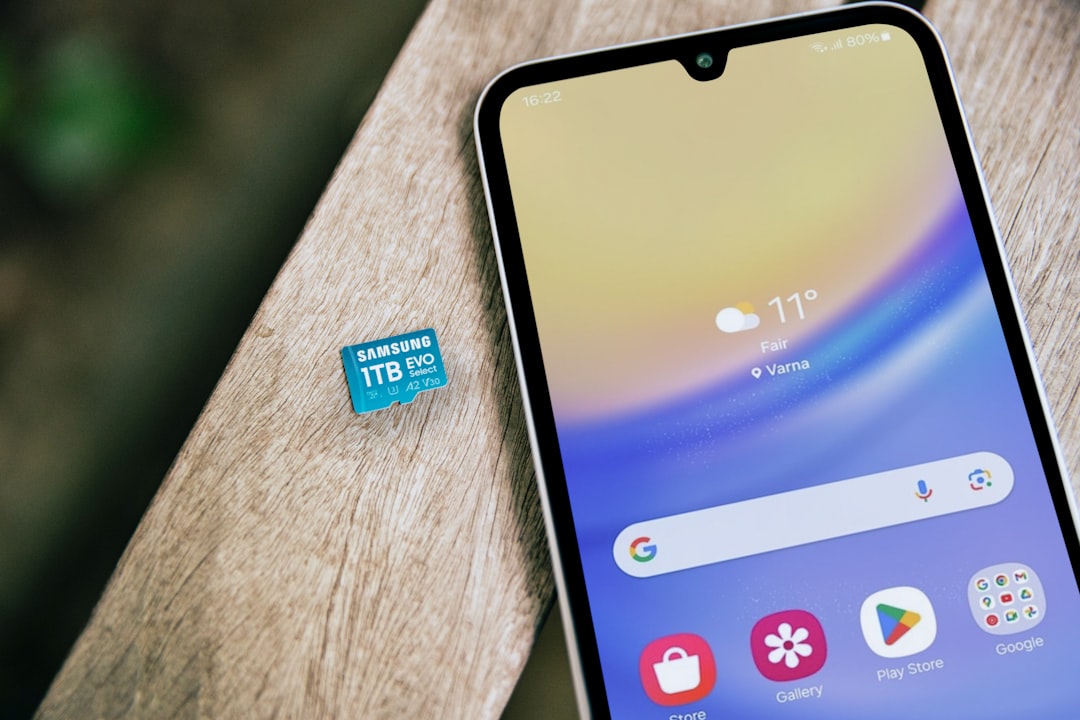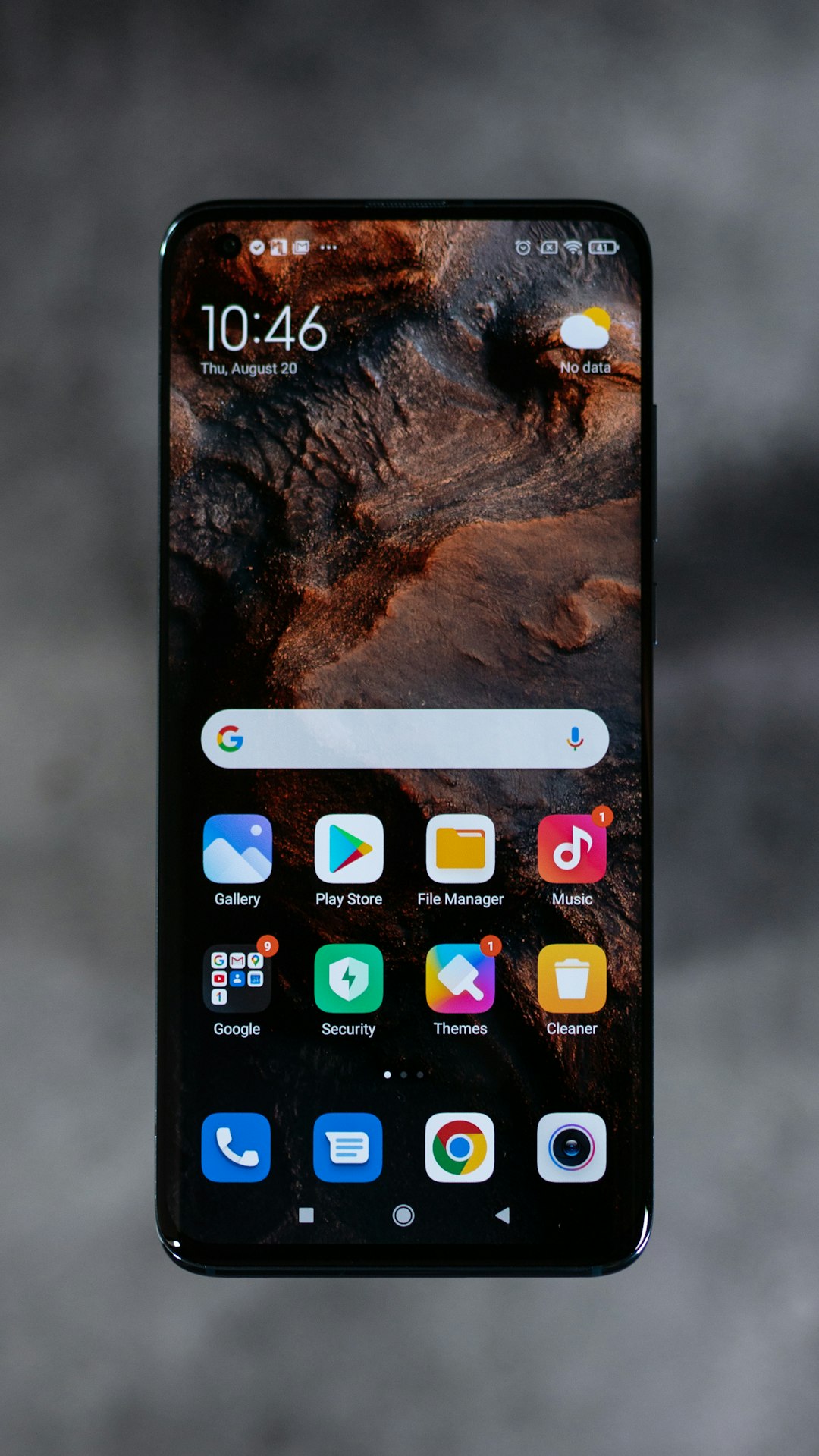Unwanted calls, including telemarketing and robocalls, have reached epidemic levels in New York City, causing distress to residents. New York State's robust legal framework, including the Telephone Consumer Protection Act (TCPA), protects citizens from these harassing calls with penalties for non-compliance. Unwanted call attorneys in New York guide residents on their rights and best course of action against businesses making unsolicited calls. These attorneys leverage telecommunications laws to hold marketing firms accountable and protect privacy. With advanced technology posing new challenges, the Attorney General's Office collaborates with federal agencies and industry partners to enforce anti-spam laws, while reputable telemarketers use data analytics to comply with do-not-call lists. Unwanted call attorneys remain crucial in protecting consumer rights against fraudulent or harassing calls.
In the age of digital connectivity, unwanted phone calls persist as a nuisance for New Yorkers. “The Evolution of Unwanted Calls in New York” explores the rise of these intrusions and their significant impact on consumers’ daily lives. This article delves into the legal framework surrounding unwanted calls, highlighting New York State’s regulations and the pivotal role that attorneys play in combating aggressive phone marketing tactics. We also navigate emerging trends and discuss consumer protections, providing insights for New Yorkers seeking relief from unwanted call attorneys.
Understanding Unwanted Calls and Their Impact in New York

Unwanted calls, often referred to as telemarketing or robocalls, have become a significant nuisance in New York and across the nation. These automated or live calls, typically promoting products, services, or fundraising initiatives, are usually unsolicited and unwanted by the recipients. While some calls may be harmless, others can be fraudulent or invasive, leading to widespread frustration among New Yorkers.
The impact of these unwanted calls is profound. They not only disrupt individuals’ peace of mind but also waste their time, causing stress and potential financial loss in some cases. In New York, where a diverse population lives and works, the issue amplifies due to the high call volumes and varying consumer preferences. This has prompted many residents to seek assistance from an unwanted call attorney New York to protect their rights and put an end to persistent and harassing calls.
Legal Landscape: Unwanted Call Laws in New York State

In New York State, the legal landscape surrounding unwanted calls is regulated by a series of laws designed to protect residents from intrusive and unsolicited communications. The Telephone Consumer Protection Act (TCPA) serves as the federal framework, but New York has further strengthened its protections through state-specific legislation. These laws empower individuals to take action against businesses or individuals who make unwanted phone calls, with penalties for non-compliance. An unwanted call attorney in New York can guide residents on their rights and the best course of action if they’ve been subjected to these harassing calls.
New York’s Attorney General actively enforces these regulations, highlighting the state’s commitment to citizen privacy and peace. The TCPA allows for both individual and class-action lawsuits, with damages that include actual expenses incurred and treble damages for willful violations. This robust legal framework ensures accountability for those engaging in unsolicited telemarketing practices, providing residents of New York with a powerful tool against unwanted calls.
The Role of Attorneys in Stopping Unwanted Phone Marketing

In the ever-evolving landscape of consumer protection, attorneys play a pivotal role in combating unwanted phone marketing, particularly in bustling metropolitan areas like New York City. With the proliferation of automated dialing systems and robocalls, consumers often find themselves deluged with unsolicited calls from telemarketers and marketing firms. This has led to an increase in demand for unwanted call attorney services in New York, where legal experts specialize in navigating the intricate web of telecommunications laws and regulations.
Attorneys specializing in this area leverage their knowledge of consumer protection acts, such as the Telephone Consumer Protection Act (TCPA), to hold phone marketing companies accountable for invasive practices. They take proactive measures, including sending cease-and-desist letters, filing lawsuits on behalf of aggrieved individuals, and negotiating settlements to stop unwanted calls once and for all. By taking a stand against abusive telemarketing tactics, these attorneys ensure that New York residents can enjoy peace of mind, knowing their privacy is protected from intrusions by aggressive marketing campaigns.
Navigating the Future: Emerging Trends and Consumer Protections

As technology advances, so do the methods used by telemarketers and scammers to make unwanted calls. In New York, where a significant portion of the population is concerned about privacy and consumer protection, staying ahead of these trends is crucial. Emerging technologies like AI-driven call systems and automated dialers present both challenges and opportunities for regulation. On one hand, they can enhance customer experiences through personalized marketing; on the other, they may facilitate spam calls and robocalls, leading to increased consumer frustration.
To combat this, New York’s Attorney General’s Office actively works with federal agencies and industry partners to enforce anti-spam laws and protect consumers. A growing trend is the use of data analytics and machine learning algorithms by reputable telemarketers to ensure they adhere to do-not-call lists. Unwanted call attorneys in New York play a vital role in staying informed about these developments, advocating for consumer rights, and assisting individuals who have suffered from fraudulent or harassing calls. By combining legal expertise with technological understanding, these attorneys help shape the future of telemarketing practices, ensuring that consumers’ privacy and peace of mind are protected.






